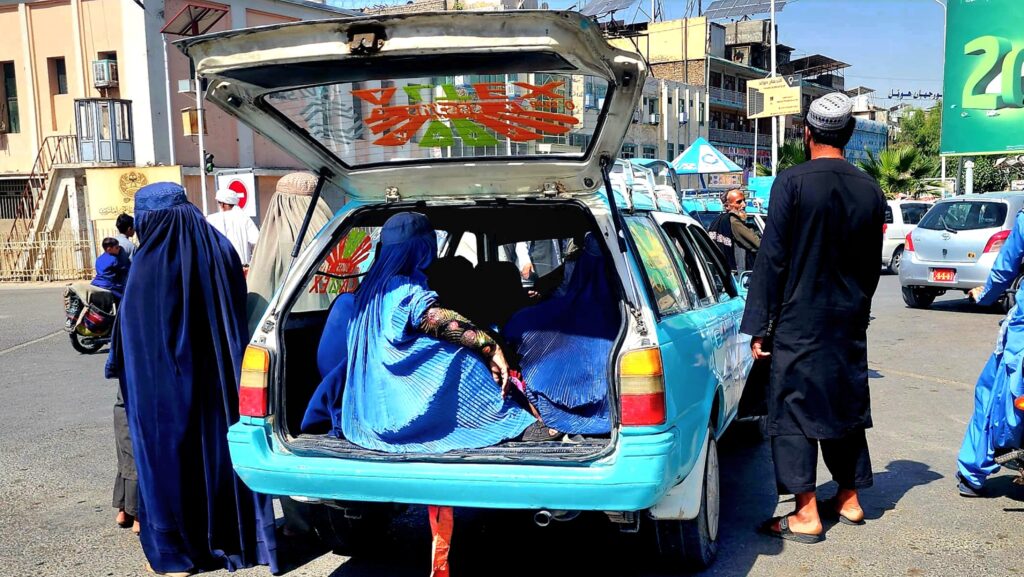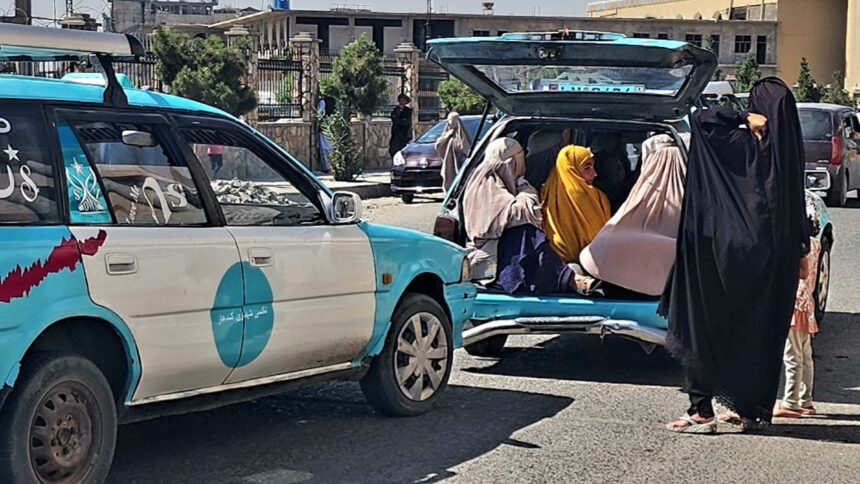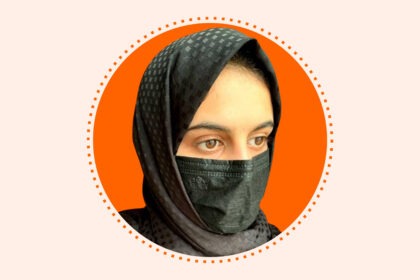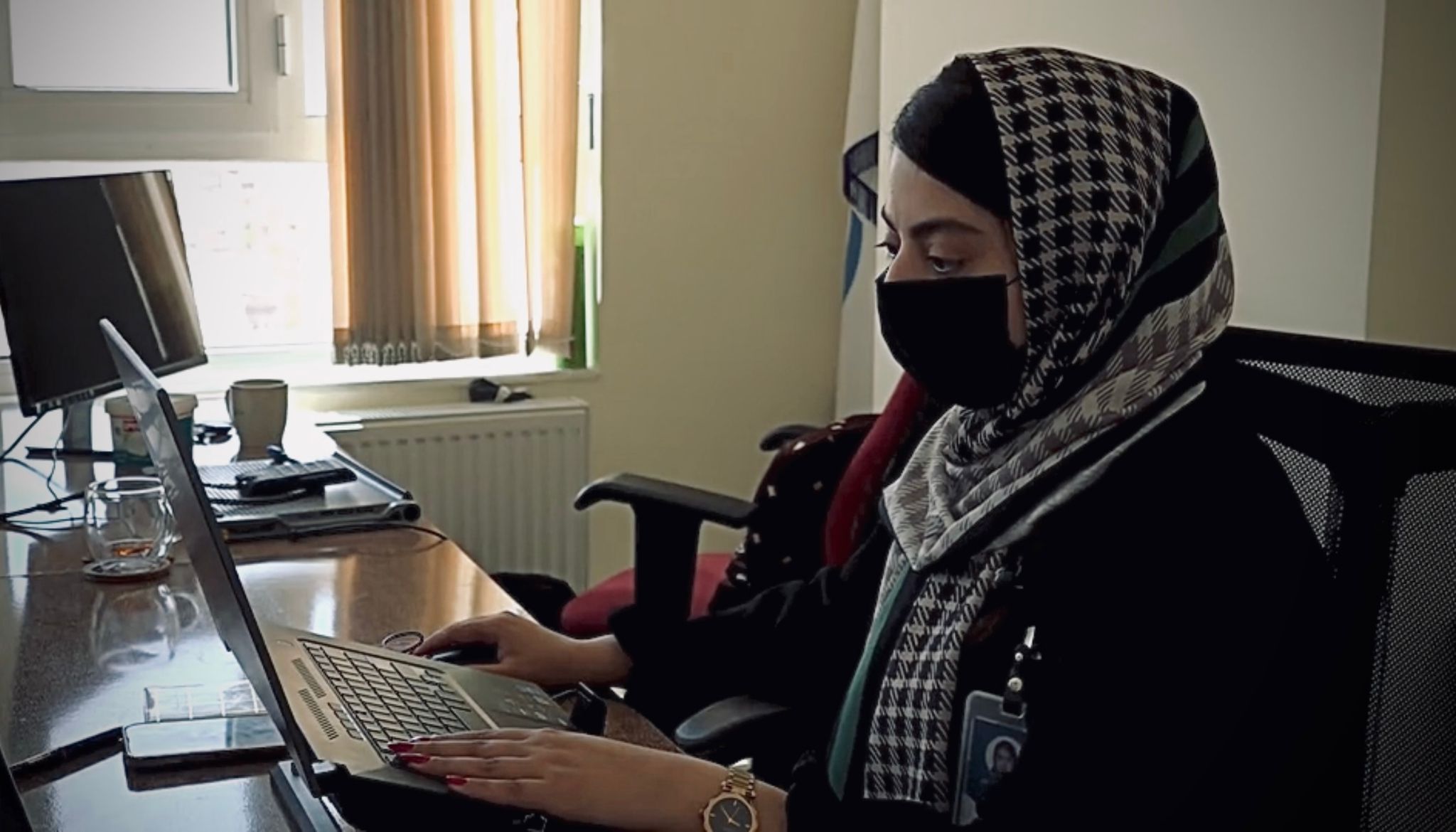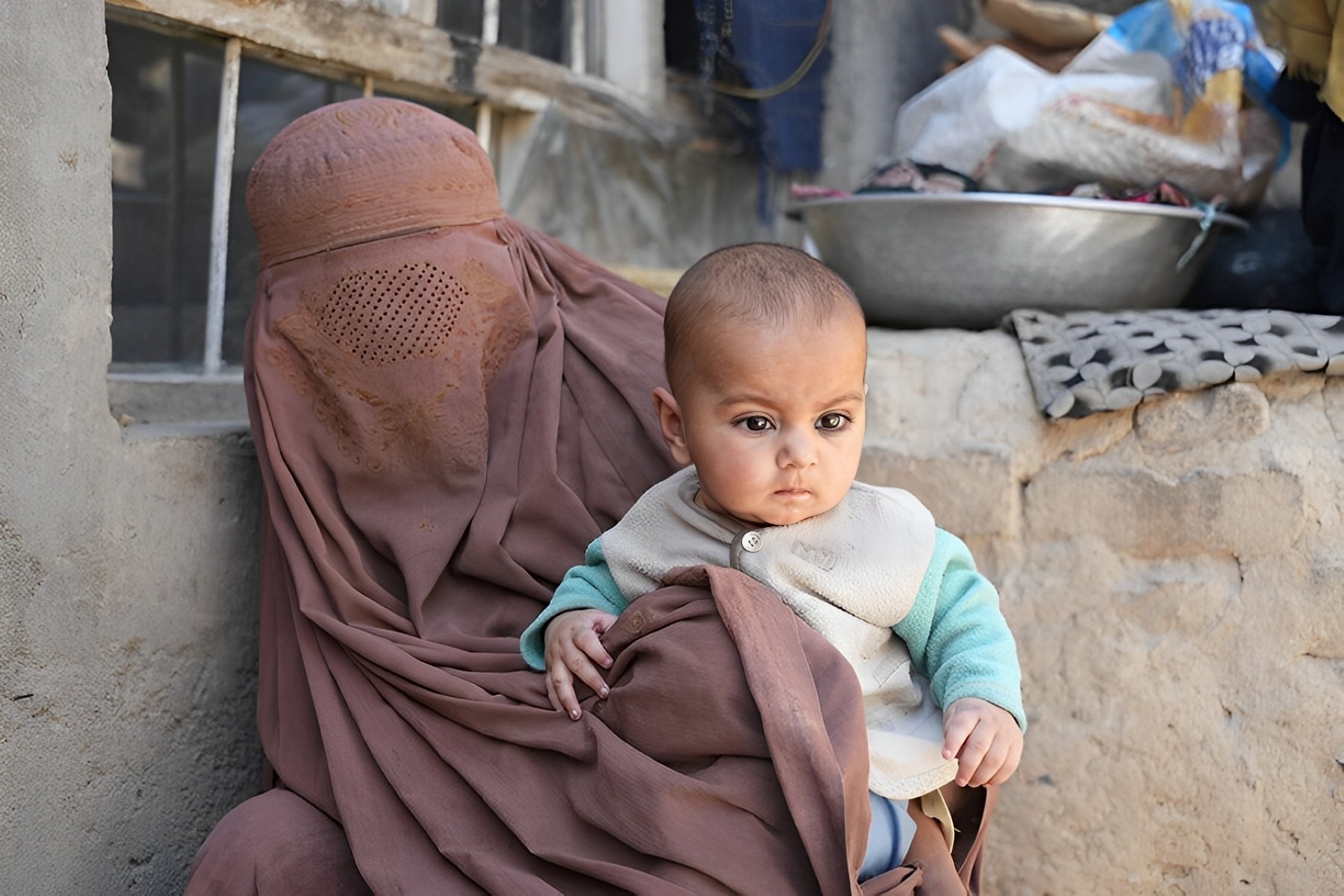In the streets of Kandahar province, a phrase heard often among taxi drivers reveals a grim reality: “Her place is the trunk.” Women are literally made to sit in the trunks of taxis — spaces intended for cargo, not human beings.
The practice highlights a stark truth about gender discrimination in southern, Afghanistan.
In Kandahar and other parts of the country, women face barriers that remove them not only from education and employment but also from public visibility. The segregation inside taxis is a small but telling example of a broader social system that sidelines women.
Abdul Bari, 35, has been driving a taxi in Kandahar for more than 15 years. He describes the seating rules matter-of-factly.
“Women rarely sit in the front or even middle seats,” he says. “It’s just the way it is here. It’s culture now.” But he adds with hesitation, “It’s not right. If I could change it, I would. But no one wants to be the first.”
Bari’s words reflect a widespread reluctance to challenge harmful traditions. Many men recognize the injustice but remain silent out of fear or social pressure. This silence perpetuates a system that pushes women into invisibility.
The Reality for Women
Some women accept this arrangement as part of life. Siddiqui, a woman in her early 30s, says she prefers sitting in the back rather than being told not to sit near men.
“In Kandahar’s conservative society, it is not appropriate to sit next to men,” she explains. “I feel it is more proper to stay in the back.”
However, others reject the notion that this is a choice. Dr. Razai*, a physician, calls the practice humiliating.
“The trunk is unsafe and uncomfortable,” she says. “It’s not about modesty. It’s about hiding women, treating them like cargo instead of human beings.”
Her perspective echoes that of many Afghan women who see this custom as a public display of oppression, not protection.
In Afghanistan, all taxi drivers are men, as women are not allowed to drive, either by law or by the strict social norms enforced under Taliban rule. This leaves women with no choice but to rely on male drivers for transportation, often in uncomfortable or unsafe conditions.
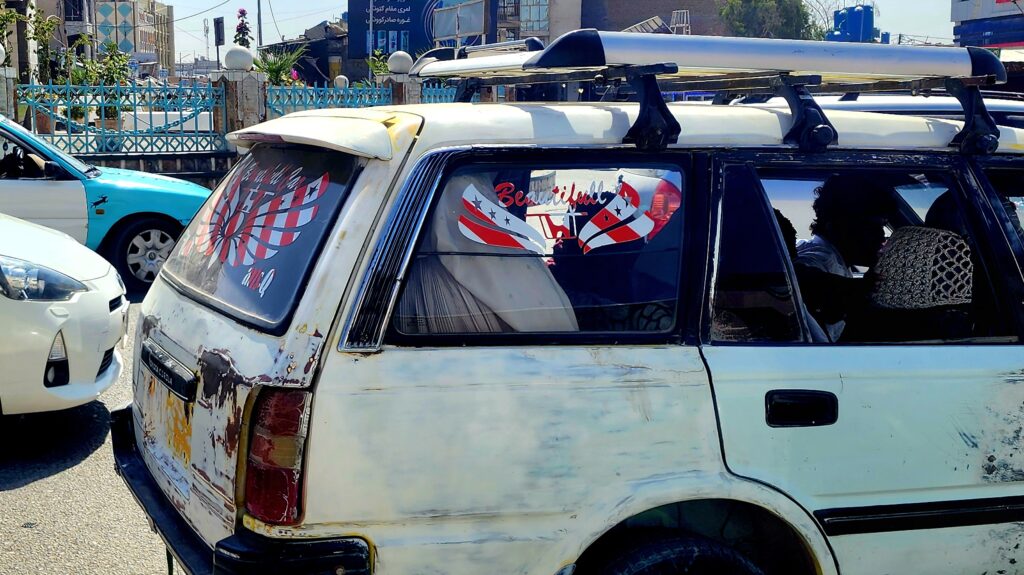
Forced Into the Shadows
Women face public shaming if they attempt to sit in regular seats. One woman recalled being forced into the trunk after a male passenger boarded.
“I felt invisible,” she said. “Like I was being erased.”
Such incidents are far from rare and contribute to a broader culture that diminishes women’s presence in public spaces. These daily humiliations reinforce gender-based segregation and discrimination.
More Than a Seating Issue
Dr. Razai described the issue as more than a simple matter of seating. “What may seem like a minor issue—where women sit in a taxi—is actually a powerful symbol of systemic gender inequality,” she said.
“By physically excluding women from public space, society reinforces their marginalization. This form of gender apartheid signals a deep-rooted refusal to acknowledge women’s equal rights and humanity. It is a visible manifestation of a hidden human rights crisis.”
A System of Gender Apartheid
The taxi trunk is just one expression of a much larger reality for Afghan women living under Taliban rule. Since the group’s return to power in 2021, a series of harsh edicts have systematically stripped women of their rights and erased them from public life.
Women in Afghanistan are currently:
- Banned from secondary and higher education
- Prohibited from working in most sectors, including NGOs and government offices
- Forbidden from traveling long distances without a male guardian (mahram)
- Barred from visiting public parks, gyms, and even some restaurants
- Forced to follow strict dress codes, including full-body coverings like the burqa
- Not allowed to participate in political or civil society activities
- Denied the right to protest peacefully without severe consequences
- Excluded from driving or holding driver’s licenses
- Restricted from appearing in media or on television in many regions
And read more…
These restrictions, combined with daily humiliations such as being forced into car trunks, paint a grim picture of institutionalised misogyny. Afghan women’s rights activists have labeled this reality as nothing less than gender apartheid — a state-enforced system that segregates, subjugates, and dehumanizes women based solely on their gender.
What may appear as a cultural norm in a Kandahar taxi is, in truth, a window into a deeply rooted crisis — one where women are not only pushed to the margins, but locked there, in silence.
